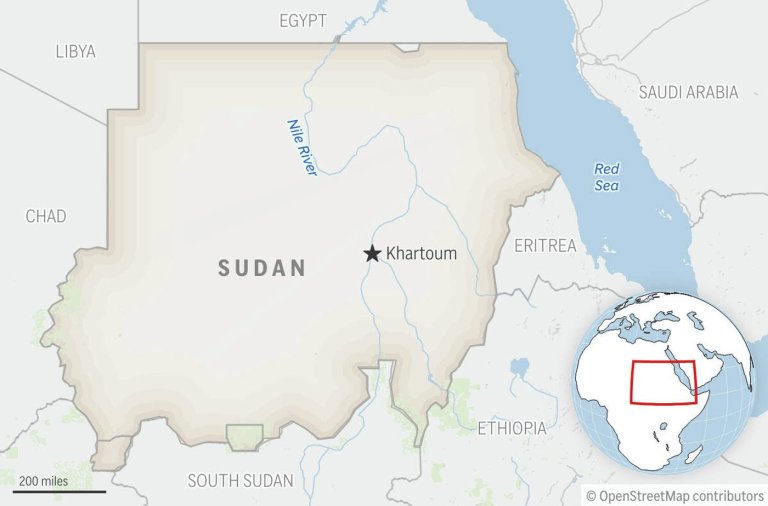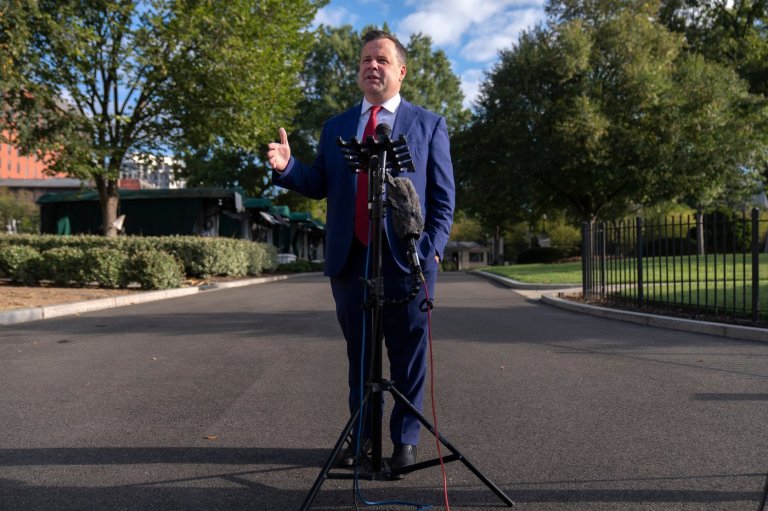Costa Rican president’s Cabinet resigns en masse to secure congressional majority
SAN JOSE, Costa Rica (AP) — Costa Rican President Rodrigo Chaves announced a mass exodus from his Cabinet Wednesday, a move to secure a congressional majority for his party in next year’s election.
Six Cabinet ministers, as well as his vice president, resigned on the final day of eligibility to compete in the 2026 general election.
There had been talk that maybe even Chaves himself would step down before his term ends next year to run in order to give his party the best chance of winning, but he dismissed that possibility Wednesday.
“The decision was to stay president of the republic, I’m not going to resign,” Chaves said in a news conference, adding that his administration’s public support was so robust it wasn’t necessary for him to lead the campaign.
In addition to Vice President Stephan Brunner, the ministers in charge of the treasury, planning, housing and the well-being of women are among those leaving the administration Thursday.
While it remained unconfirmed if all would appear on the Sovereign Peoples Party ballot, Chaves said he admired “their desire to continue serving Costa Rica from other spaces.”
Chaves says a supermajority in Congress would allow his party to make the deeper changes he wants, including a sweeping security agenda to address homicides and changes to labor laws that he hasn’t been able to pass over congressional opposition.
Presidential reelection is prohibited under Costa Rican law.
____
Follow AP’s coverage of Latin America and the Caribbean at https://apnews.com/hub/latin-america
Join the Conversation!
Want to share your thoughts, add context, or connect with others in your community?
You must be logged in to post a comment.


















